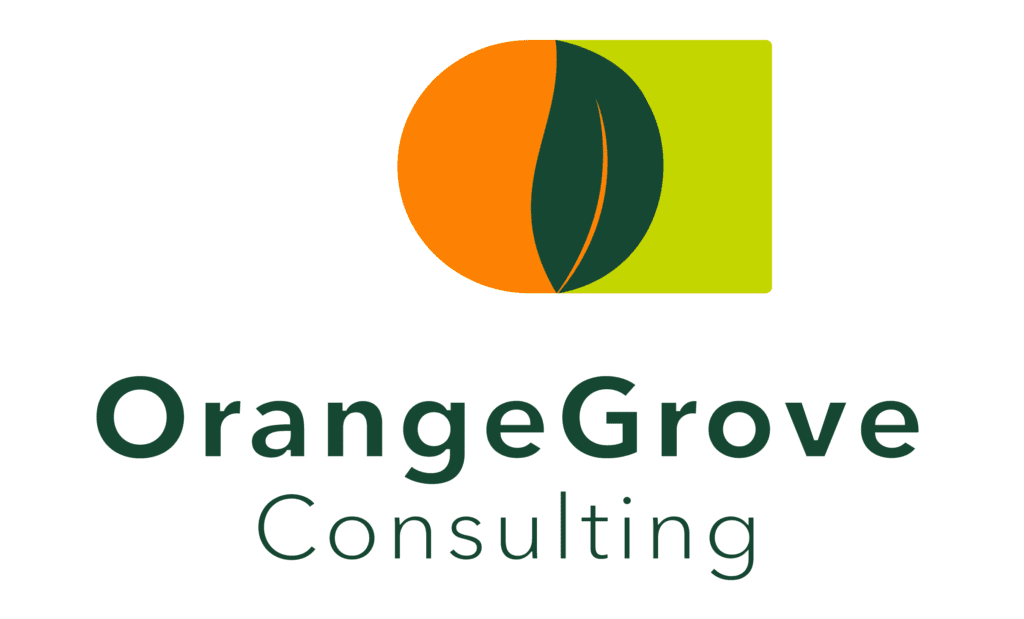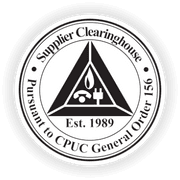As the country reopens, businesses are grappling with the lasting impact of the pandemic on the workplace. With the rapidly changing work and home environment, some valuable populations are at risk of being left behind. Many parents are still struggling with daycare scarcity and some remote employees who relocated to the countryside may be unwilling to return to old routines. Implementing an inclusive job-crafting strategy is certainly more important than ever if you want to retain the best talent in the post-pandemic workplace. Now’s the perfect opportunity to reconfigure the workplace and prioritize inclusion– and it all starts with your leaders.
Though effective leadership is essential to shaping company culture, the fact is, most of today’s leaders aren’t equipped to build an inclusive workplace. According to our research, only 21% of senior leaders have the skills to inclusively lead diverse employee populations. Without leaders trained in 21st century competencies, who will create the environment for innovative solutions? After all, leaders are the ones who make sure diverse perspectives get acknowledged and applied, and ensure that employees don’t fall through the cracks and become excluded from the group. They’re the ones who will role model inclusive behaviors and set an example for others to follow suit.
To train and prepare leaders with the inclusive skills they need, we’ve developed a series of inclusive leadership programs for organizations. Our research-based approach is tailored to each business’ goals and is valuable at any step of an organizations’ DEI journey, whether it’s at the beginning or as an upgrade to an existing initiative.
In a recent client case study, we examined the effects of launching a diversity and inclusion strategy with leadership training. Our customized program, which all company leaders participated in, leveraged our state-of-the-art training model with some live facilitator-led workshops to provoke discussion and action-based learning, as well as asynchronous learning through our unique OGC Learning Journey portal. Between sessions, participants practiced their skills through personal assignments and peer feedback.
Through the program, leaders moved through Orange Grove Consulting’s taxonomy of inclusive leadership, which measures and tracks inclusive leadership skillset development every step of the way. The leadership taxonomy, which begins at diversity awareness and culminates in a synthesis of skills, helps organizations to evaluate where their leaders are, how well their skills are developing, and what more needs to be done.
The inclusive leadership program provided overwhelmingly effective results. According to course feedback, 93% of participants gained inclusive leadership skills in the program and 96% facilitated better, more inclusive decision making sessions after the program. Participants also reported gains in the ability to recognize different perspectives, mentor women and people of color, and navigate challenging conversations.
The goal of developing inclusive leadership is to build an inclusive workplace culture where employees can feel safe to make mistakes, learn, and improve. It’s all about coming from a place of “learning together,” whether your organization is just getting started or well on its way toward achieving equity.
To learn how to improve diversity, equity, and inclusion in your organization, check out our Inclusive Leadership programs and attend our July 15th Inclusive Leadership Q&A webinar.
What’s Hot: Not only do we offer inclusive leadership training programs, but we are also actively engage in direct research. Please consider participating in a joint research survey with Brandon Hall Group on Inclusive Leadership. Survey participants will be automatically entered for a drawing for two Amazon gift cards, one for $150 and one for $100. We will also share the results of the survey this fall.
Contact Us




